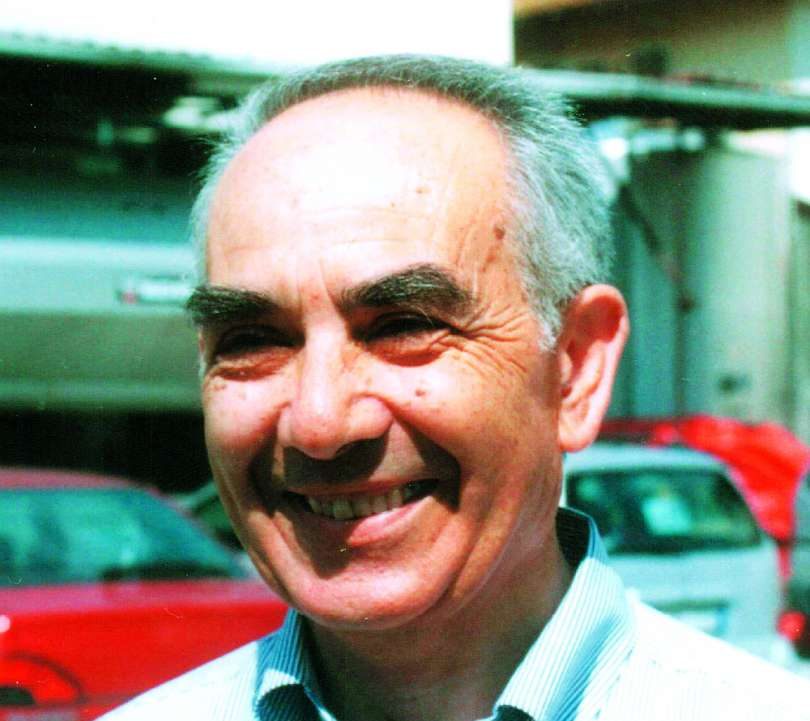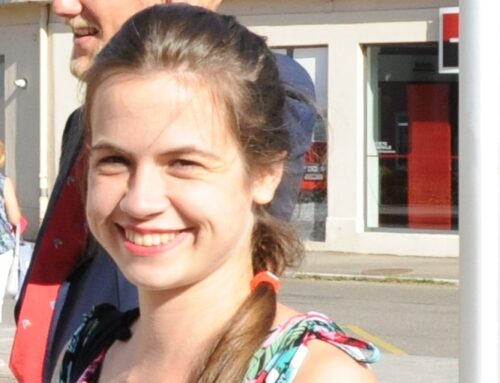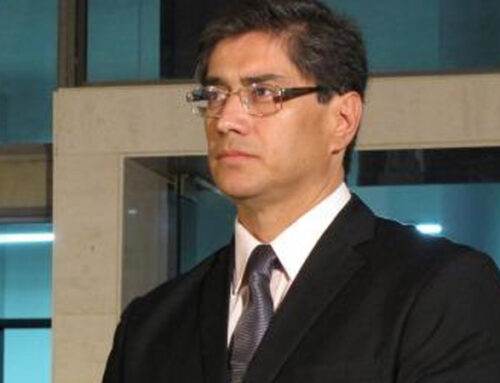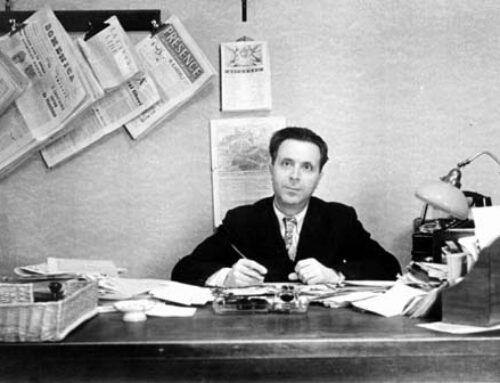Domenico Mangano
He knew how to live fully and he transmitted to many his passion for unity by giving value to every moment of daily life.
Chiara Lubich
Domenico Mangano (1938-2001): committed citizen, combactive politician, authentic Christian, decides to dedicate himself to building “fragments of reciprocity”, of sharing and dialogue, in the society in which he lived.
He was a councillor in Viterbo, his town in Lazio, for three consecutive mandates, also holding the position of health and social services councillor. Domenico was convinced that even the smallest municipal reality was the real laboratory of politics. His attitude was moved by the conviction that there was, behind a demeaning general image, unexpressed potential, and he liked to call “anonymous Christians” those colleagues who, in his opinion, had rich hidden ideals.
Leveraging this tension that he believed to be present in everyone, even if, at times, quieted down, he managed several times to get the city council of his city out of the shadows. It aroused a chorus of consensus among colleagues from all parties.
Called to bring the Viterbo experience across Italy, he explained the difficult secret with great lucidity: “Let’s look at nature: every tree, these days, is pruned, that is, deprived of something of its own, so that in spring it may rejoice in its new splendour. Indeed, without pruning it would be destined to die. So we administrators: if we prune ourselves of the superfluous, of what is not essential, if we suffer to find on every project the agreement of all having as an end the common good, then we too will assist in our city councils to a new spring. But if we don’t prune ourselves, like the tree also our parties, our administrations risk dying.”
One day Domenico found himself explaining to an international group of young people what he meant by polis, and what the contribution of each citizen could be, starting with the young people: “When you are committed to peace, or in favor of the poor, you do politics. Politics comes from polis, a community that is administered as if it were a family, in which I live and contribute to its functioning. So it will be in the polis, where my behavior will produce harmony rather than confusion. If I behave with public things as I would behave with my own, I will create harmony: pay the bus fare, wear a helmet while riding a moped, don’t dirty the walls with writing, don’t throw papers on the street… To adhere to politics is therefore to become fully citizens. And to contribute to transmit this determination to many others: how? Not only by loving the material things of my city, the trees, the school, the street, but by loving the people who live there: the tram driver, because he takes fifty people at a time where they have to go, the professor because he teaches and educates new citizens, the elderly sitting on the park benches, the mechanic, the policeman… All these people are the polis: they are all candidates to form a community”.
The conclusion offered by Domenico made them dream: “The city is like a net, sometimes it has holes, sometimes it is really broken because it lacks a vision of love, because only think about itself. If everyone discovers the polis and makes sure that all their actions increase harmony, then this great net, little by little, welds and turns into a fabric, becomes a mantle, a blue mantle. This is what politics expects especially from you guys”.
In 1985 Domenico left the municipal administration. Faithful to his intention of not reappearing after three administrative mandates, he decided not to run again to encourage a generational change, without assuming the honors of a presidency that could have been his responsibility. He was expecting, and was beginning to be aware of it, the season of a new sowing, that of working for that same universal fraternity to which he had dedicated his energies until then, but on a planetary level.
The fundamental point of his new political period was 1996, because it was the 2nd of May, during a trip to Naples, that Chiara Lubich, president and founder of the Focolare Movement, met a small group of political representatives and founded what today is called the “Politics for Unity Movement”.
Domenico commented several times on the fundamental meaning of the intuition, indeed, as he loved to say, “of the utopia on which the “Politics for Unity Movement” is founded. It must be said that Domenico used the word “utopia” appropriately, as well as convincingly. In Trent, in a public debate, he expressed: “The “Politics for Unity Movement” is a way of being together and of building politics: it is certainly moving in harmony and it is also a flowering of actions in which politicians and citizens participate. This is thanks to the dialogue between different positions: because the beginning of the “Politics for Unity Movement” is diversity in dialogue. But it is a great mistake to consider the task of the “Politics for Unity Movement” to be exhausted in achieving perfect dialogue. We are not the movement of dialogue: we are the “Politics for Unity Movement”. Dialogue is only a means to reach the next degree which is the unity of diversity”.







